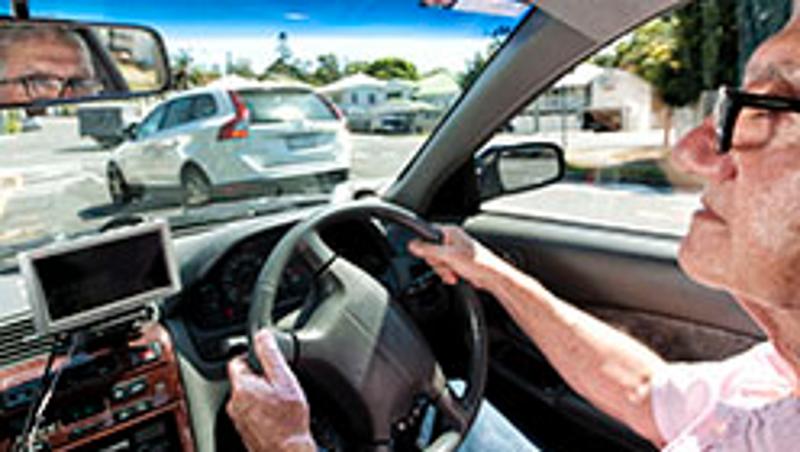
An ongoing QUT study aims to better understand the driving difficulties faced by older drivers with eye disease and the researchers would like those with eye diseases who currently drive to be involved in their research.
Optometry and Vision Science expert Professor Joanne Wood said that previous research has shown that common eye conditions such as glaucoma, cataracts and macular degeneration are some of the reasons that older drivers give up driving altogether.
But, she said, there was limited information about the actual driving abilities of patients with these eye conditions.
"This information is needed so we can identify people with difficulties and design potential interventions or training programs," Professor Wood said.
"Research has shown that simply having a eye condition doesn't mean you are a good or bad driver and in fact in our research to date, the majority of drivers with eye diseases have been rated as safe to drive.
"But different eye conditions can create different driving difficulties and we want to find out what these are, and whether we might be able to predict these difficulties using simple screening tests."
Professor Wood said driving enabled people to maintain independence, facilitate social connections and is significant to their quality of life.
"We want to help people continue to drive safely for as long as possible and we need a better understanding of the effect of eye diseases on driving in order to design appropriate education and training interventions," she said.
Researchers are keen to include more drivers with eye diseases in their study and those wanting more information can contact the research team on (07) 3138 5704 or email aa.black@qut.edu.au
Media contact: Rose Trapnell, QUT media team leader, 07 3138 2361 or 0407 585 901 rose.trapnell@qut.edu.au


